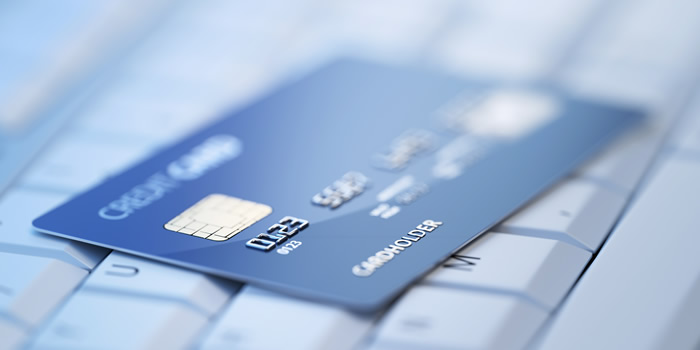When Should You Close Your Credit Card?
Posted January 29, 2016 - updated April 27, 2016 in Credit Card Tips
As the saying goes, parting is such sweet sorrow. Sometimes the writing is on the wall for a credit card that was once your favourite. Credit cards can get closed for many reasons – new fees, better alternatives, and cut reward programs, to name a few. Before you close your credit card, it’s important to know that timing is everything. Let’s take a look at different types of credit cards and when it can be good time to close them.
New Credit Cards
Whether you’re a newcomer to Canada or a student, new credit cards are a great way to build a solid credit history, as long as you use them responsibly. That means paying off your balance in full before your statement comes due. When signing up for your first credit card you’ll often find easy-to-get credit cards come with significant annual fees. Generally it’s a good idea to wait at least six months before closing it. This will give you sufficient time to build up a credit history. If you find a better credit card, wait until you’ve received the new credit card before closing your old one.
Points Rewards Credit Cards
You’ve worked hard to earn your reward points – the last thing you want to do is forfeit them. With a lot of points rewards credit cards, when you close your credit card you forfeit any unredeemed points. If you racked up a lot of points from a sign up bonus or you’ve been saving your points over several months, make sure you redeem your points before closing your account. If you don’t have enough points to redeem, at least keep your account open long enough to accumulate enough points to redeem.
Credit Cards You Don’t Use
Credit cards can go unused for many reasons, such as finding a better credit card or a reward programs being cut. For whatever reason, it can be wise to cancel credit cards you no longer use. Some believe that unused credit cards can put you at an increased risk for fraud, which makes sense – if you’re not paying attention to the correspondence the credit card company is sending you, you might not be aware of activity on the card.
However, changes to your available credit limits can affect your credit score. The ratio of available credit to outstanding balances is called your credit utilization ratio. If you have significant debts on other cards, but you cancel a card with a high credit limit with no balance, this can actually negatively affect your credit score.
Additionally, it’s generally advisable to keep your oldest credit account open and in good standing if there are no fees associated with the account. The thinking is that your oldest account contains the most history of your responsible credit use.
Retail Credit Cards
If you have a credit card with a low limit you barely use, it can be a good choice for being closed. Retail credit cards typically come with low limits and sky-high interest rates. These credit cards carry less weight with your credit score, so if you have a credit card that fits the bill, it’s usually worth closing (just redeem your reward points first).
The Bottom Line
Closing a credit card is a decision that shouldn’t be taken lightly. Before you close your credit card, make sure it makes sense. The last thing you want to do is forfeit the reward points you’ve worked so hard to earn, or to negatively impact your credit score by changing your credit utilization ratio.




